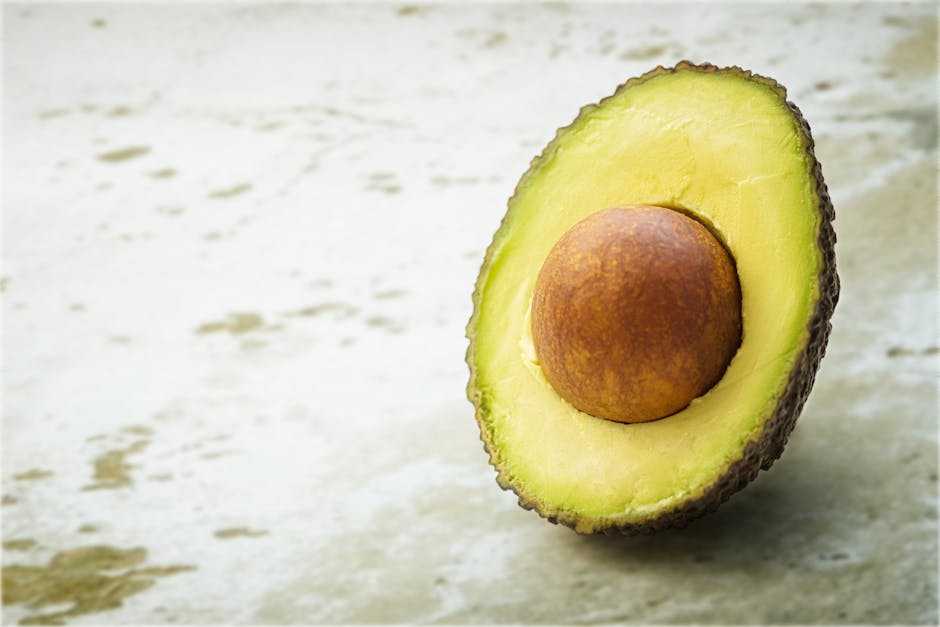Have you ever wondered about the long-term effects of the processed foods we consume daily? As someone passionate about health and nutrition, I’ve delved into the topic to uncover the hidden impacts these convenient foods can have on our well-being.
From sugary snacks to preservative-laden meals, the choices we make today can shape our health in the years to come. In this article, I’ll explore the various ways processed foods can affect our long-term health and well-being.
By understanding the potential risks associated with these products, we can make more informed decisions about what we put into our bodies. Join me as we navigate the complex world of processed foods and their implications for our overall health.
The Impact of Processed Foods on Long-term Health
Exploring the realm of processed foods unveils a concerning landscape that intertwines convenience with potential health risks. Delving into the hidden repercussions of these easily accessible products like sugary treats and chemical-laden dishes sheds light on their profound effects on our well-being.
Understanding the intricate correlation between processed foods and overall health is vital in making informed dietary decisions. It’s imperative to grasp the long-term implications these processed items can have on our health trajectory.
Taking a deep dive into the impact of processed foods on long-term health illuminates the necessity of reevaluating our consumption patterns for a healthier future.
Health Risks Associated with Processed Foods
Processed foods can have detrimental effects on long-term health due to various reasons. Let’s delve into some of the key health risks associated with the consumption of these convenient but often unhealthy food choices:
Increased Risk of Chronic Diseases
Consuming processed foods regularly can substantially increase the risk of developing chronic diseases such as heart disease, diabetes, and obesity. These foods are typically high in refined sugars, unhealthy fats, and artificial ingredients, all of which can contribute to inflammation and other health issues over time.
Nutrient Deficiencies
One significant downside of relying on processed foods is the potential for nutrient deficiencies. These foods often lack essential vitamins, minerals, and fiber that are crucial for maintaining optimal health.
A diet high in processed foods can lead to malnutrition despite consuming enough calories, as these foods are usually low in nutritional value.
Additives and Preservatives Concerns
Processed foods commonly contain additives and preservatives to enhance flavor, shelf life, and appearance. However, many of these additives have been linked to various health concerns, including allergies, hyperactivity in children, and potential carcinogenic effects.
It’s essential to be cautious about the consumption of processed foods laden with artificial additives to prioritize long-term health and well-being.
Long-term Consequences of Consuming Processed Foods
- Health Risks of Processed Foods: Regular consumption of processed foods is linked to long-term health issues such as obesity, heart disease, and diabetes due to their high levels of added sugars, unhealthy fats, and sodium.
-
Nutrient Deficiency and Processed Foods: Relying heavily on processed foods can lead to nutrient deficiencies, as these foods often lack essential vitamins, minerals, and fiber needed for overall health and well-being.
Weight Gain and Obesity
Processed foods are often high in added sugars, unhealthy fats, and calorie-dense ingredients, making them a significant contributor to weight gain and obesity. These foods are typically low in fiber and protein, leading to increased hunger and overeating.
The excessive consumption of processed foods can disrupt the body’s natural hunger cues, causing individuals to consume more calories than needed, ultimately leading to weight gain and obesity over time. A diet rich in processed foods is linked to an increased risk of obesity, which is a major risk factor for various chronic diseases, including heart disease, diabetes, and certain types of cancer.
It’s essential to limit the intake of processed foods and opt for whole, unprocessed foods to maintain a healthy weight and reduce the risk of obesity-related conditions.
Strategies for Reducing Consumption of Processed Foods
In reducing the consumption of processed foods, prioritizing whole, unprocessed foods is essential. Opt for fresh fruits, vegetables, whole grains, lean proteins, and healthy fats to create a balanced and nutritious diet that supports long-term health goals.
By focusing on these nutrient-dense options, it’s easier to minimize the intake of processed foods rich in sugars, unhealthy fats, and additives. When shopping, I recommend sticking to the perimeter of the grocery store where fresh produce, meats, and dairy products are usually located.
This simple strategy helps avoid the temptation of aisles filled with processed snacks, sugary drinks, and pre-packaged meals. By planning meals ahead and preparing homemade dishes, it becomes easier to control the ingredients and limit the consumption of processed foods.
Another effective approach is to read labels diligently. Pay attention to the ingredients list and nutrition facts to identify hidden sugars, sodium, and artificial additives commonly found in processed foods.
Look for whole food alternatives with simple, recognizable ingredients to make informed choices that support overall health and well-being. Additionally, consider cooking in batches and storing homemade meals for quick and convenient options, reducing the reliance on processed convenience foods.
Engaging in mindful eating practices can also help reduce the consumption of processed foods. By savoring each bite, listening to hunger cues, and avoiding distractions while eating, it’s possible to foster a healthier relationship with food and make conscious decisions about what to consume.
Being aware of portion sizes and practicing moderation can further support efforts to cut back on processed food intake and prioritize whole, nourishing options for long-term health benefits. By implementing these strategies and gradually transitioning towards a more whole food-based diet, it’s possible to reduce the reliance on processed foods and cultivate a sustainable approach to nutrition that supports optimal health outcomes.
Making thoughtful choices and being mindful of food selection can lead to significant improvements in overall well-being and contribute to a healthier lifestyle in the long run.



 Mindfulness and Meditation Expert
Paulether Masterson is Aura Nature Spark's mindfulness and meditation expert, with extensive training in various meditation techniques and practices. She is dedicated to teaching individuals how to cultivate inner peace and resilience through mindfulness. Paulether offers workshops and resources that help clients incorporate meditation into their daily routines, enhancing their overall well-being. Her calming presence and insightful guidance inspire many to explore the transformative benefits of mindfulness in their lives.
Mindfulness and Meditation Expert
Paulether Masterson is Aura Nature Spark's mindfulness and meditation expert, with extensive training in various meditation techniques and practices. She is dedicated to teaching individuals how to cultivate inner peace and resilience through mindfulness. Paulether offers workshops and resources that help clients incorporate meditation into their daily routines, enhancing their overall well-being. Her calming presence and insightful guidance inspire many to explore the transformative benefits of mindfulness in their lives.
